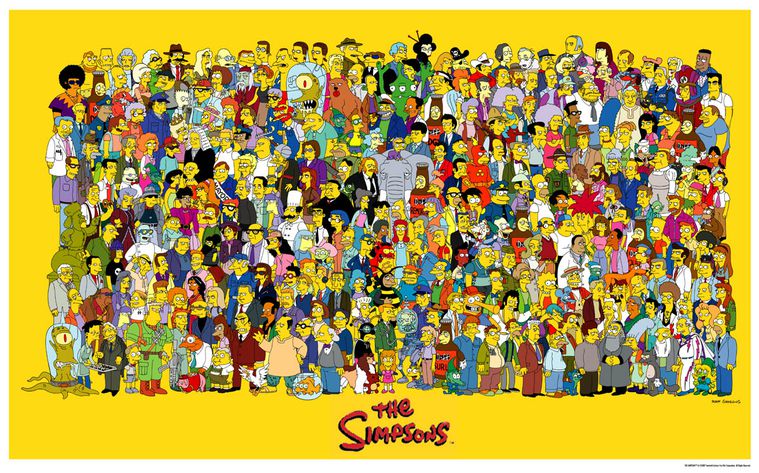El motivo de la realización de este estudio es debido a la importancia que tiene el programa animado de televisión “Los Simpsons” dentro de las comunidades globales que abarcan en el mundo, siendo uno de los programas de mayor éxito y duración dentro de la pantalla chica, convirtiéndose en un referente de la cultura pop y la sociedad, llegando a ser populares incluso en países como Irán e Israel, pertenecientes a una cultura más conservadora que la americana. Este auge desenfrenado dentro de las personas fue tan inquietante que nos hizo plantearnos la pregunta, de que, si Los Simpsons y su populismo logran influenciar en el comportamiento humano, imponiendo su cultura estadounidense, llegando al punto de ser considerado como “Imperialismo Cultural”, o si es una serie que se adapta a los constantes cambios sociales, siendo un reflejo y una crítica constructiva a la sociedad.
Para esta investigación se optó por dos tipos de metodologías: el cualitativo y el analítico; estudiando la estructura del programa, desglosándolo para analizar el interior de la misma, examinando el contenido y la semiótica dentro de los mensajes literales y subliminarios, determinando la intencionalidad del emisor (el programa) y el objetivo principal que tiene dentro de los colectivos.
Los resultados del estudio y el análisis del contenido del programa, demostraron que la serie es susceptible a múltiples cambios y adaptaciones para poder ser emitidos a regiones con cultura más tradicionalistas, modificando su contenido para ser ajustado a todo tipo de cultura y sociedades. Los resultados también señalaron que el programa se basa en temas tendenciales con gran apogeo para elaborar sus episodios semanales.
Como conclusión se especificó y se precisó que dentro del programa “Los Simpsons” no existe un “Imperialismo Cultural” como se tenía entendido años atrás, lo que existe es una significación destacada de temas sociales universales, integrales y genéricos.
Palabras Claves: sociedad, cultural, cambio cultural, comunidades globales, populismo, influenciar, Imperialismo Cultural, cambios sociales, estructura, semiótica, subliminarios, intencionalidad, colectivos, tradicionalismo, temas tendenciales.
